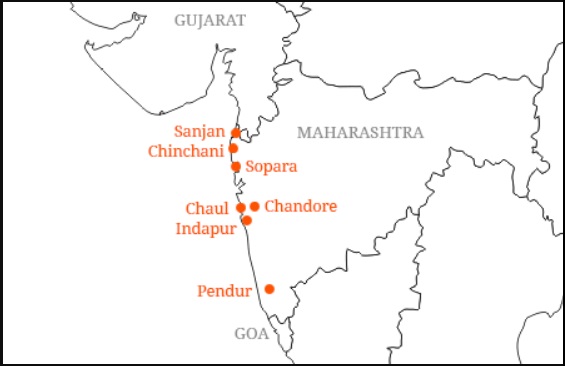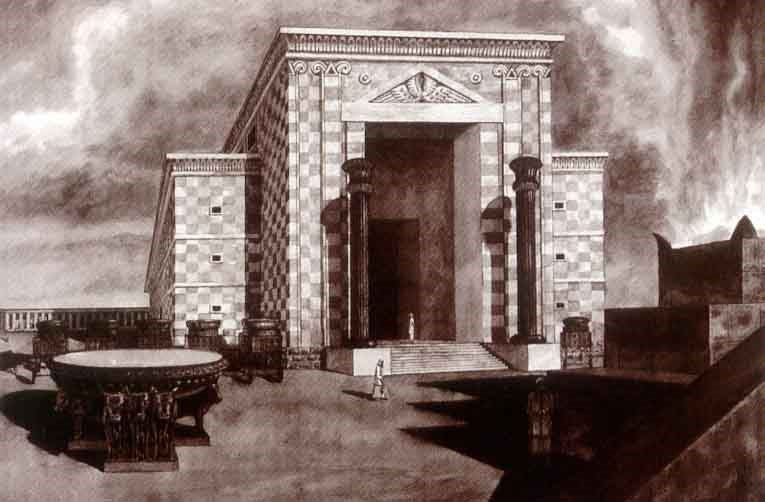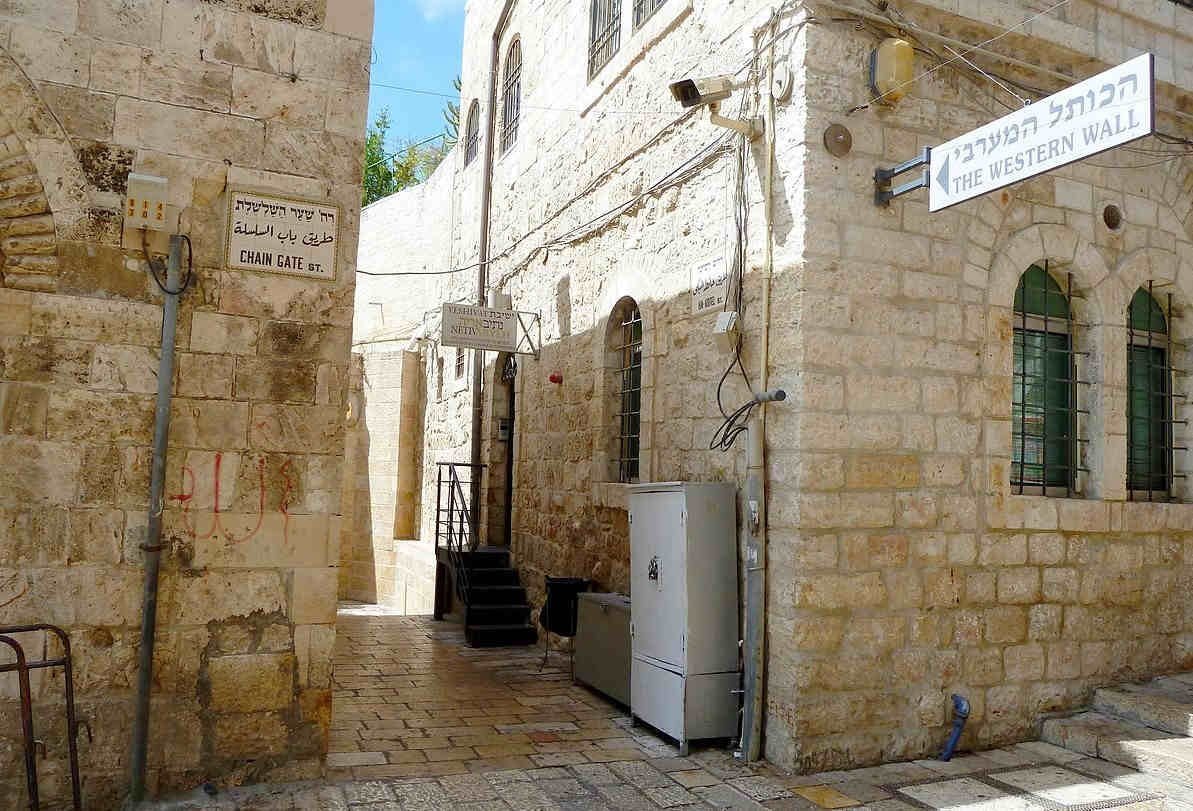As a young man arriving in Jerusalem, my first thought was managing the right kind of food during my stay. A vegetarian, filled with the notion that for all its attractions from the fabled Arabian nights to the stunning architecture of Palmyra, the region was a paradise only for meat eaters.
But Jerusalem surprised me. And there began by journey to experience first-hand, the strong Indian connect with Israel since antiquity.
A Jewish co-traveller, who was in the plane with me, took me to a few shops in Jerusalem on a Friday afternoon, and solved my culinary problem. Our forays in the cobbled streets in the heart of the Holy Land revealed an interesting tradition. To my persistent query on whether I could find anything vegetarian in the city, he said: “On a Friday we Jews eat pure vegetarian food cooked in utensils in which meat has never been cooked. Friday is our holy day.”
He added: “The idea of not eating meat on one day per week, may have come from India. After all the Old Testament says that sandalwood and gold for the construction of Jerusalem also came from India.”
The gentleman was referring to India’s vibrant trade relations with Israel since the days of King Solomon. In the long forty-year reign of the wise King, a peaceful Israel rose to unprecedented heights of prosperity. And India was very much a part of that boom. The secret of the great commercial connect was Ophir or Sopara, now known as Nala Sopara—a key port where King Solomon’s fleet of ocean-going ships docked.
The result was the import of the most exotic products, which even the Bible noted with a mention of the Ophir as a fount of wealth.
Yet, there is some controversy about Sophir’s location. But most geographers have nailed it as a seaport, 37 miles north of Mumbai. It is said to be four miles north-west of Bassein where an Asokan edict was discovered. The port also finds a mention in the Mahabharata, Bhagavata, and Periplus among others.

King Solomon received a cargo from Ophir every three years. Legend says that he imported goods on such a lavish scale that silver in his Kingdom became as common as stones.
It is well known that trade and commerce is the mid-wife of a cultural osmosis. Unsurprisingly, the Hebrew word for peacock is tukhin which is tokal in Tamil. There were no peacocks in Jerusalem and Hebrew had no word for a peacock. Peacock is the mount of Kartikeya the General of the Gods, and symbolises divine protection of the state.
Some historians see a connection with King Solomon’s famous mines, supposedly in modern Zimbabwe, with gold mining practices in Tamil Nadu.

The Tamil connection with King Solomon’s mines has been developed in captain Leonard Munn’s book, Man in India. “Over the vast area of ancient workings in Rhodesia (former name of Zimbabwe), the method of mining and reduction of the gold quartz is identical with that of South India. Extensive areas of forest occur in the vicinity of the old Rhodesian old gold workings consisting of trees and plants not indigenous to Africa, but having their home mostly in South India.”

